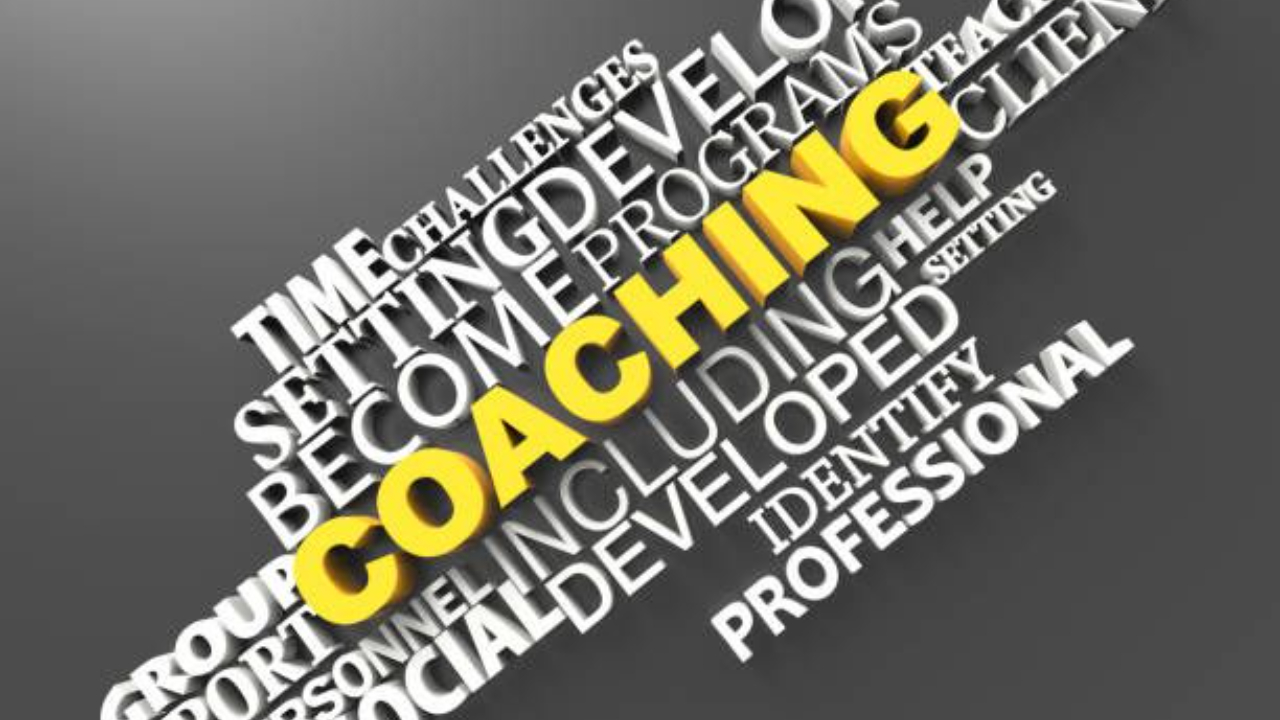
The Jazz of Coaching: Embrace the Groove, Ditch the Script
Jul 29, 2024Coaching, much like jazz, thrives on spontaneity, creativity, and adaptability. While classical music is often associated with precision, structure, and adherence to a written score, jazz embodies the essence of improvisation, personal expression, and dynamic interaction. Here’s why coaching aligns more closely with the principles of jazz than those of classical music:
- Improvisation Over Strict Adherence
- In jazz, musicians improvise within the framework of a melody or chord progression, creating unique performances every time. Similarly, coaching requires flexibility and responsiveness to the client’s needs and circumstances. Coaches must be adept at thinking on their feet, adapting their approach as sessions unfold, and exploring new paths based on the client's input and emerging goals.
- Personal Expression and Authenticity
- Jazz musicians bring their personal style and emotion into their music, making each rendition distinct and deeply personal. In coaching, the coach-client relationship is built on authenticity and genuine interaction. Coaches must be true to their style while also resonating with the client's individuality, fostering a space where clients feel safe to express their true selves.
- Dynamic Interaction and Collaboration
- Jazz is inherently collaborative, with musicians constantly communicating and responding to each other’s cues. This dynamic interaction is crucial in coaching, where the process is co-created between the coach and the client. Effective coaching involves active listening, asking powerful questions, and engaging in a dialogue that drives discovery and growth.
- Embracing Uncertainty and Ambiguity
- Jazz musicians often embrace the unknown, exploring uncharted musical territories without a predetermined outcome. Coaching, too, is a journey into the unknown. Clients may come with ambiguous goals or face uncertain futures, and coaches must be comfortable navigating this ambiguity, helping clients explore possibilities and find clarity amidst uncertainty.
- Focus on Process, Not Perfection
- Classical music often strives for perfection, with musicians aiming to perform compositions flawlessly. In contrast, jazz values the process of creation and expression over perfect execution. Coaching is about facilitating a process of growth and development rather than achieving a specific, predetermined outcome. It’s about progress, learning, and evolving rather than rigidly following a set path.
- Adapting to the Moment
- In a jazz performance, musicians adapt to the moment, responding to the energy of the audience and the interactions on stage. Coaching sessions similarly require adaptability, as coaches must tune into the client’s current state, emotions, and immediate needs, adjusting their methods and interventions accordingly.
Conclusion
Coaching, like jazz, celebrates the fluidity of the human experience. It’s a dynamic, interactive process that values personal expression, improvisation, and the ability to navigate uncertainty. By embracing these principles, coaches can create a rich, responsive, and empowering environment that supports their clients’ unique journeys of growth and transformation. Just as jazz musicians create harmonious melodies through improvisation and collaboration, coaches help clients find their rhythm and chart their path to success.

